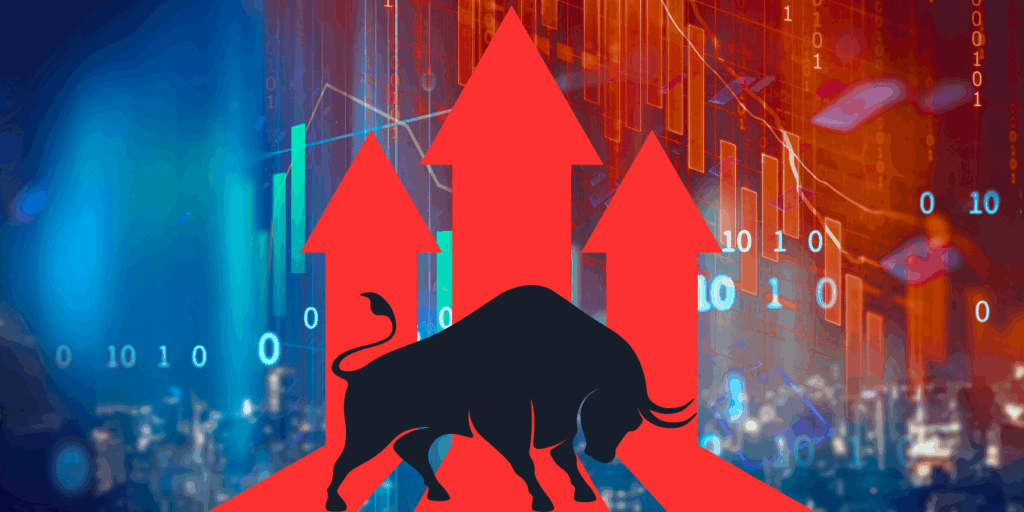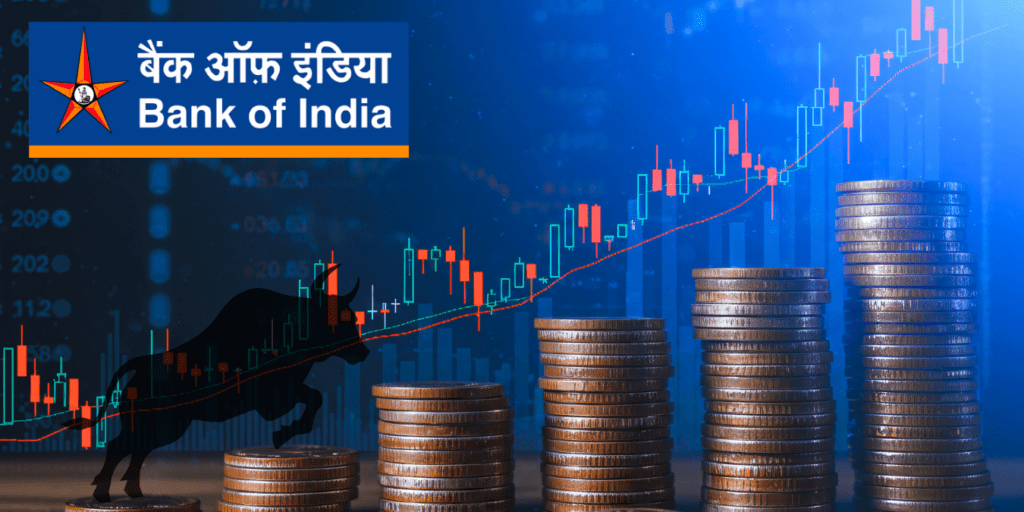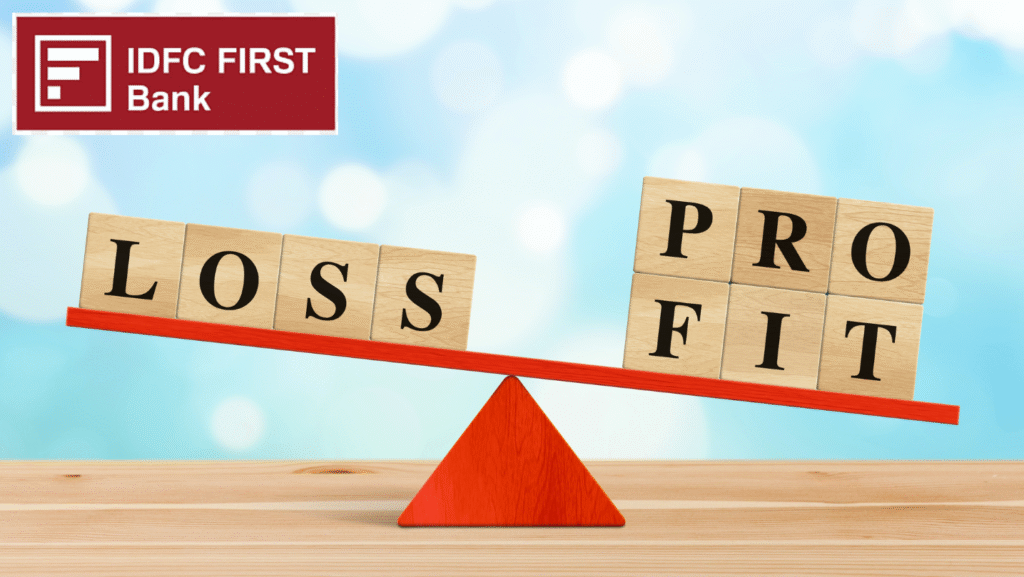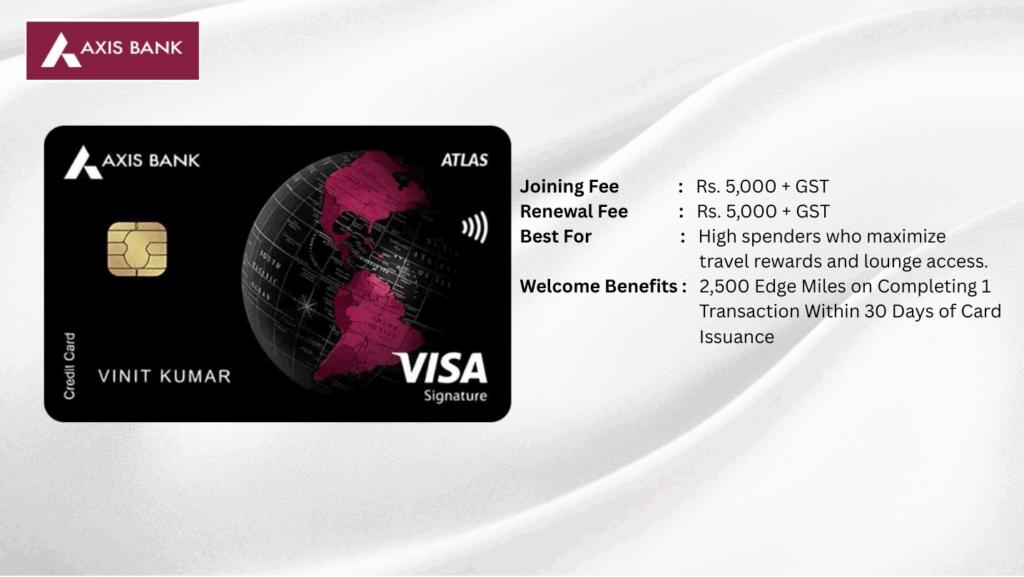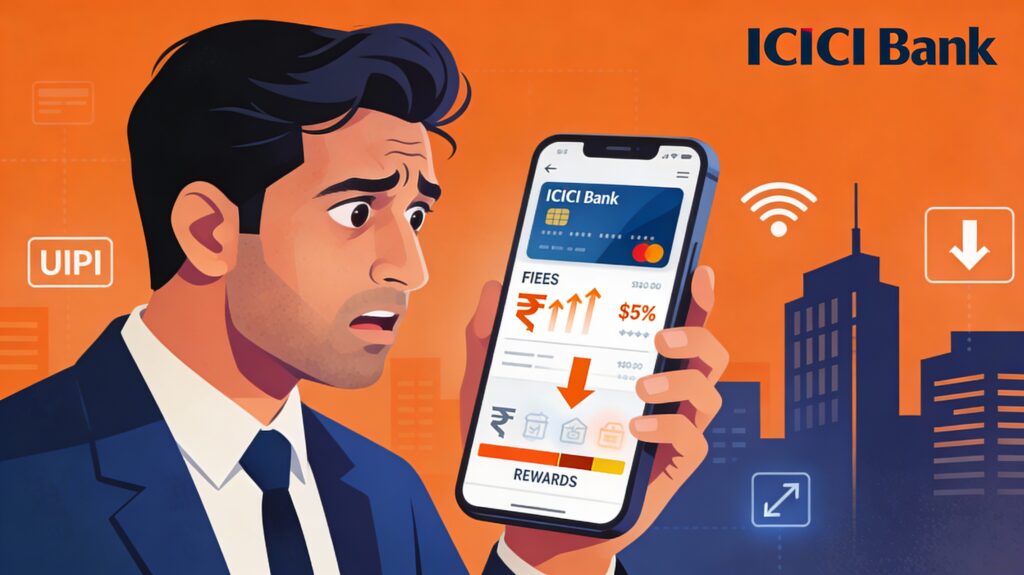
“The key differences between an employee mindset and an entrepreneur mindset. Learn how employees seek stability while entrepreneurs embrace risk, how they approach goals, failure, and innovation. Understand which mindset aligns with your career aspirations for success.”
Understanding the distinction between an employee mindset and an entrepreneur mindset is critical for personal and professional growth. Whether you’re aiming to climb the corporate ladder or launch your own startup, recognizing these differences can shape your career trajectory. This blog post dives deep into the stark contrasts between the two mindsets, backed by the latest data and insights, to help you identify where you stand and how to align your goals.
What is an Employee Mindset?
An employee mindset is characterized by a preference for stability, structure, and defined roles within an organization. Individuals with this mindset typically prioritize job security, consistent income, and clear directives from superiors. According to a 2024 Gallup survey, 60% of Indian professionals value job stability over entrepreneurial risks, reflecting the prevalence of this mindset in India’s workforce.
Key Traits of an Employee Mindset
- Risk Aversion: Employees often seek predictable outcomes, avoiding uncertainty. A 2023 LinkedIn report found that 72% of Indian employees prefer roles with guaranteed benefits over high-risk, high-reward opportunities.
- Dependency on Structure: Employees thrive in environments with clear hierarchies and processes. They rely on managers for guidance and decision-making.
- Focus on Task Completion: The employee mindset emphasizes executing assigned tasks efficiently rather than innovating or questioning the status quo.
- Short-Term Orientation: Employees typically focus on immediate goals, such as meeting deadlines or earning promotions, rather than long-term visions.
- Limited Ownership: Employees view their role as part of a larger system, with minimal personal stake in the organization’s broader outcomes.
This mindset aligns with India’s traditional job market, where roles in IT, banking, and government sectors remain highly sought after. However, as India’s startup ecosystem grows—contributing 7.5% to GDP in 2024, per the Economic Survey—the employee mindset is increasingly contrasted with entrepreneurial thinking.
What is an Entrepreneur Mindset?
An entrepreneur mindset is defined by innovation, risk-taking, and a vision for creating value. Entrepreneurs are driven by opportunity, adaptability, and a desire to build something from the ground up. India, with over 100,000 startups in 2024 (NASSCOM), is a breeding ground for this mindset, as young professionals increasingly embrace entrepreneurship.
Key Traits of an Entrepreneur Mindset
- Risk-Taking: Entrepreneurs embrace uncertainty as a pathway to growth. A 2024 Deloitte study revealed that 65% of Indian entrepreneurs view failure as a learning opportunity.
- Self-Direction: Entrepreneurs are self-starters who create their own paths, often bypassing traditional hierarchies.
- Innovation-Driven: They focus on solving problems creatively, disrupting industries, and introducing new products or services.
- Long-Term Vision: Entrepreneurs prioritize sustainable growth and scalability over immediate gains.
- Ownership and Accountability: They take full responsibility for outcomes, viewing their work as a reflection of their personal brand.
The entrepreneurial mindset is fueling India’s rise as a global startup hub, with cities like Bengaluru and Delhi ranking among the top 20 startup ecosystems worldwide (Startup Genome, 2024).
Stark Differences Between Employee and Entrepreneur Mindsets
The differences between these mindsets are profound, influencing career choices, decision-making, and personal growth. Below, we explore these contrasts across key dimensions, supported by the latest data and insights.
1. Approach to Risk
- Employee Mindset: Employees prioritize security, favoring roles with predictable salaries and benefits. A 2024 Monster India survey found that 68% of Indian professionals avoid career changes due to financial uncertainty.
- Entrepreneur Mindset: Entrepreneurs see risk as an opportunity. They are willing to invest time, money, and effort into unproven ventures. For instance, 80% of Indian startup founders bootstrapped their businesses in 2024, per YourStory’s Startup Report.
2. Decision-Making Style
- Employee Mindset: Employees often defer to authority, relying on managers or company policies to guide decisions. This aligns with India’s hierarchical corporate culture, where 55% of employees report needing approval for major decisions (SHRM India, 2024).
- Entrepreneur Mindset: Entrepreneurs are autonomous decision-makers, trusting their instincts and data to chart their course. They pivot quickly in response to market changes, as seen in India’s edtech startups adapting to post-COVID demands.
3. Problem-Solving Approach
- Employee Mindset: Employees focus on executing tasks within their job description, rarely challenging existing processes. A 2023 PwC India study noted that only 30% of employees proactively suggest process improvements.
- Entrepreneur Mindset: Entrepreneurs are problem-solvers who innovate to address market gaps. For example, startups like Swiggy and Zomato revolutionized food delivery by addressing logistical challenges in India’s urban markets.
4. Time Horizon
- Employee Mindset: Employees focus on short-term goals, such as meeting quarterly targets or securing annual bonuses. A 2024 Randstad India survey found that 62% of employees prioritize immediate financial rewards.
- Entrepreneur Mindset: Entrepreneurs adopt a long-term perspective, building businesses with scalability in mind. India’s unicorn startups, like Byju’s and PhonePe, exemplify this focus on sustained growth.
5. Sense of Ownership
- Employee Mindset: Employees view their work as a contribution to someone else’s vision, with limited personal investment. Only 25% of Indian employees feel a strong sense of ownership over their company’s success (Great Place to Work, 2024).
- Entrepreneur Mindset: Entrepreneurs treat their ventures as extensions of themselves, taking full accountability for successes and failures. This ownership drives resilience, as seen in 70% of Indian entrepreneurs who pivoted their business models during economic downturns (EY India, 2024).
6. Adaptability to Change
- Employee Mindset: Employees may resist change, preferring familiar routines. A 2023 McKinsey India report highlighted that 48% of employees struggle with adapting to new technologies at work.
- Entrepreneur Mindset: Entrepreneurs thrive in dynamic environments, embracing change as a catalyst for growth. India’s fintech startups, for instance, rapidly adopted AI and blockchain to stay competitive in 2024.
7. Financial Motivation
- Employee Mindset: Employees seek stable, predictable income. A 2024 Glassdoor India survey revealed that 75% of professionals prioritize salary over job satisfaction.
- Entrepreneur Mindset: Entrepreneurs are motivated by potential wealth creation, often sacrificing short-term gains for long-term rewards. India’s startup ecosystem saw $10 billion in venture capital funding in 2024, reflecting the financial upside of entrepreneurial ventures (Venture Intelligence).
Why Understanding These Differences Matters
Recognizing whether you lean toward an employee mindset or an entrepreneur mindset can guide your career decisions. Here’s why this matters in the Indian context:
- Career Alignment: Understanding your mindset helps you choose a path that aligns with your values. For instance, if you value stability, a corporate role in India’s booming IT sector (projected to grow 8% in 2025, per NASSCOM) may suit you. If you crave innovation, joining or founding a startup could be ideal.
- Skill Development: Employees can adopt entrepreneurial traits, such as problem-solving or adaptability, to enhance their value in the job market. Similarly, entrepreneurs can benefit from employee-like discipline in execution.
- Economic Impact: India’s economic growth relies on both mindsets. Employees drive operational efficiency in established firms, while entrepreneurs fuel innovation. Together, they contributed to India’s $3.5 trillion GDP in 2024 (IMF).
Transitioning from Employee to Entrepreneur Mindset
For Indian professionals considering entrepreneurship, transitioning from an employee mindset requires deliberate effort. Here are actionable steps, supported by data:
- Embrace Risk Gradually: Start with side hustles to test entrepreneurial waters. A 2024 Upwork India study found that 40% of professionals engage in freelance or side projects before launching startups.
- Build a Network: Connect with mentors and peers in India’s startup ecosystem. Events like TechSparks and Startup India Summit attracted over 50,000 attendees in 2024, offering networking opportunities.
- Develop Resilience: Learn to view failure as growth. Indian entrepreneurs like Kunal Shah (CRED) emphasize resilience as a key driver of success.
- Upskill in Innovation: Take courses in design thinking or digital marketing. Platforms like Coursera and Udemy reported a 30% surge in Indian enrollments for entrepreneurial skills in 2024.
- Adopt a Long-Term Vision: Create a 5-year plan for your venture, focusing on scalability. Tools like OKRs (Objectives and Key Results) are used by 60% of Indian startups to align goals (Zoho, 2024).
Challenges of Adopting an Entrepreneur Mindset in India
While the entrepreneurial mindset is rewarding, it comes with challenges in India’s context:
- Cultural Barriers: India’s risk-averse culture often discourages entrepreneurship. A 2023 YouGov survey found that 52% of Indian parents prefer their children pursue stable careers over startups.
- Financial Constraints: Access to capital remains a hurdle, with only 15% of Indian startups securing seed funding in 2024 (Tracxn).
- Regulatory Complexity: Navigating India’s regulatory landscape can be daunting. The World Bank’s 2024 Doing Business report ranks India 63rd for ease of starting a business.
Despite these challenges, government initiatives like Startup India and tax incentives have supported 1.2 lakh startups by 2024, easing the entrepreneurial journey.
The Right Approach
The employee mindset and entrepreneur mindset represent two distinct approaches to work and life. While employees prioritize stability and structure, entrepreneurs embrace risk and innovation. In India’s dynamic economy, both mindsets are vital—employees sustain established industries, while entrepreneurs drive disruption. By understanding these differences, you can align your career with your aspirations, whether that’s thriving in a corporate role or launching the next big startup.
For those looking to shift toward an entrepreneurial mindset, start small, build resilience, and leverage India’s vibrant startup ecosystem. With the right approach, you can navigate the challenges and unlock the rewards of entrepreneurial thinking.
-

US Supreme Court Strikes Down Trump’s Global Tariffs as ‘Unlawful’ — The 18% Tariff on India Is Now Illegal
-

Why Gold Prices Hit ₹15,745 per Gram Today: Indian Market Volatility Explained
-

Spirit Airlines Bankruptcy and Flight Cancellations — The Real Reason!
-

Gold and silver rates today: Latest Rates in all Major Cities February 20, 2026




